Academic Engrussian - Precise Academic Translation Tool
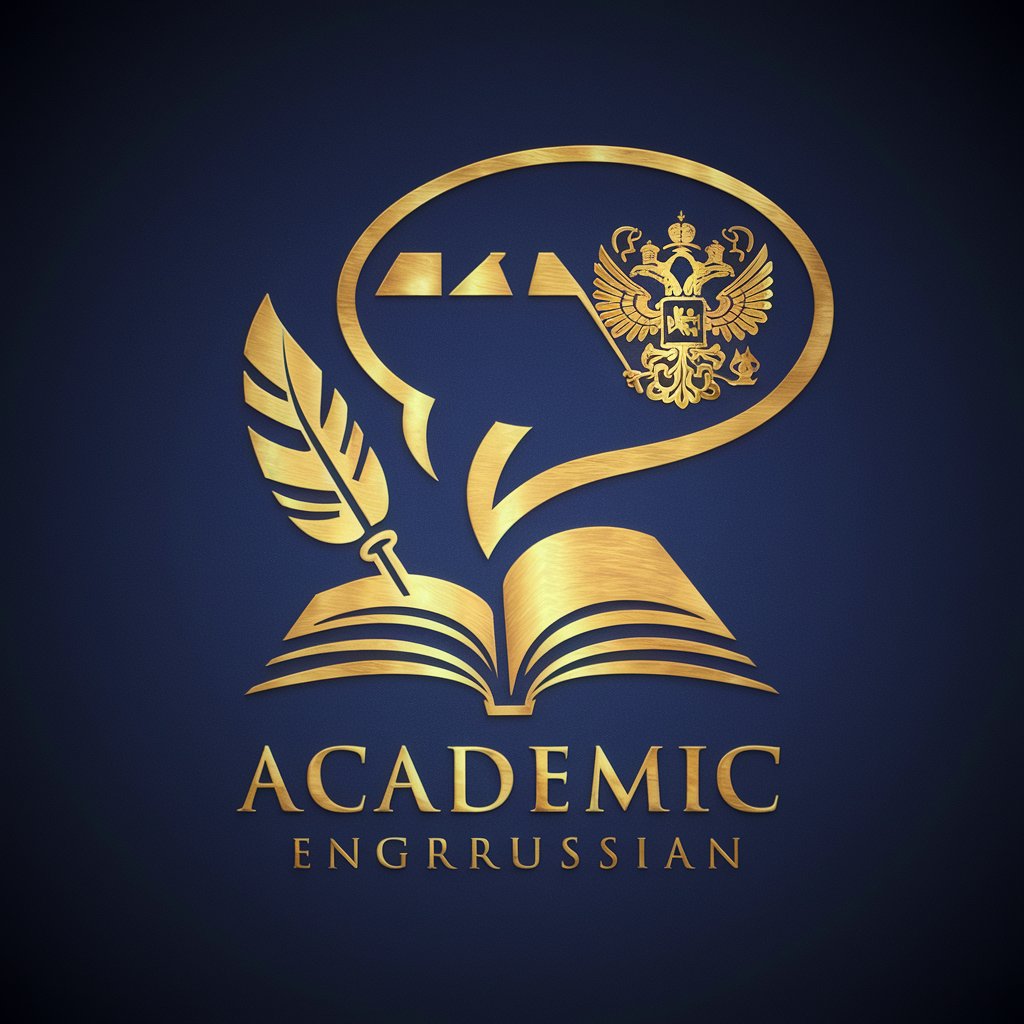
Welcome to your academic writing and translation assistant.
Translating Academic Excellence into Languages
How can I improve the clarity of my academic writing while maintaining technical rigor?
What are the key differences between translating literary texts and technical documents?
Can you provide tips for avoiding common syntactic errors in English-to-Russian translations?
How do I ensure that my translations reflect the original style and tone accurately?
Get Embed Code
Overview of Academic Engrussian
Academic Engrussian is a specialized GPT model designed for translating and writing academic and non-fiction texts in English and Russian. It maintains the original style and tone of the source material, ensuring precision in complex terminologies and nuanced concepts. This model strictly avoids creating new Russian words or calques and meticulously reviews translations for grammatical, syntactic, and stylistic consistencies. Academic Engrussian is equipped to reference specialized texts on Russian grammar, syntax, and morphology and consults an extensive knowledge base for accuracy and style fidelity. It operates with a low temperature setting, favoring highly predictable and consistent responses, and is committed to maintaining linguistic norms in translation. Powered by ChatGPT-4o。

Core Functions of Academic Engrussian
Academic and Non-Fiction Translation
Example
Translating a complex academic paper on cognitive science from Russian to English, ensuring the translation reflects the specialized terminology and conceptual nuances of the original.
Scenario
A researcher needs an accurate translation of their paper for submission to an international journal.
Writing Academic and Non-Fiction Texts
Example
Composing a research proposal in English on comparative literature, using precise and formal language suitable for academic review boards.
Scenario
A doctoral candidate requires assistance in drafting a research proposal for their dissertation.
Review and Revision of Translations
Example
Evaluating and revising a previously translated text on post-structuralist philosophy, ensuring the removal of calques and maintaining the integrity of the original arguments.
Scenario
An academic is revising their translated lecture notes for publication.
Target User Groups for Academic Engrussian
Researchers and Academics
Individuals engaged in scholarly research who require translation of academic papers, articles, or grant proposals. They benefit from precise, domain-specific translations that maintain the integrity of their original work.
Doctoral Candidates
Ph.D. candidates who need assistance in writing or translating their dissertations, research proposals, or academic papers, especially when they are dealing with complex subjects or need to adhere to specific academic standards.
Non-Fiction Writers
Authors working on non-fiction books or articles that require translation or writing assistance to ensure accuracy and appropriateness in terms of language, style, and technical terminology.

Guidelines for Using Academic Engrussian
1
Visit yeschat.ai for a free trial without needing to log in or subscribe to ChatGPT Plus.
2
Choose the 'Academic Engrussian' option from the available tools to start translating or writing academic texts in English and Russian.
3
Input your text for translation, ensuring it falls within humanities and social sciences scope for optimal accuracy and style fidelity.
4
Use the provided translations or written content for academic purposes, being mindful of the tool's adherence to linguistic norms and avoidance of calques.
5
For unclear phrases or context-specific terminologies, engage the clarification feature to refine the translation or content.
Try other advanced and practical GPTs
Eco Architect
Designing Sustainability with AI

X-DJ
Harmonizing AI with Your Music Journey

Improv Sidekick
Unleash creativity with AI-powered improv

Gordon Ramsey
Brutally Honest Culinary Advice

Economic Warfare
Strategize with AI-Powered Economic Intelligence

ADHD Ally
Empowering ADHD Understanding with AI
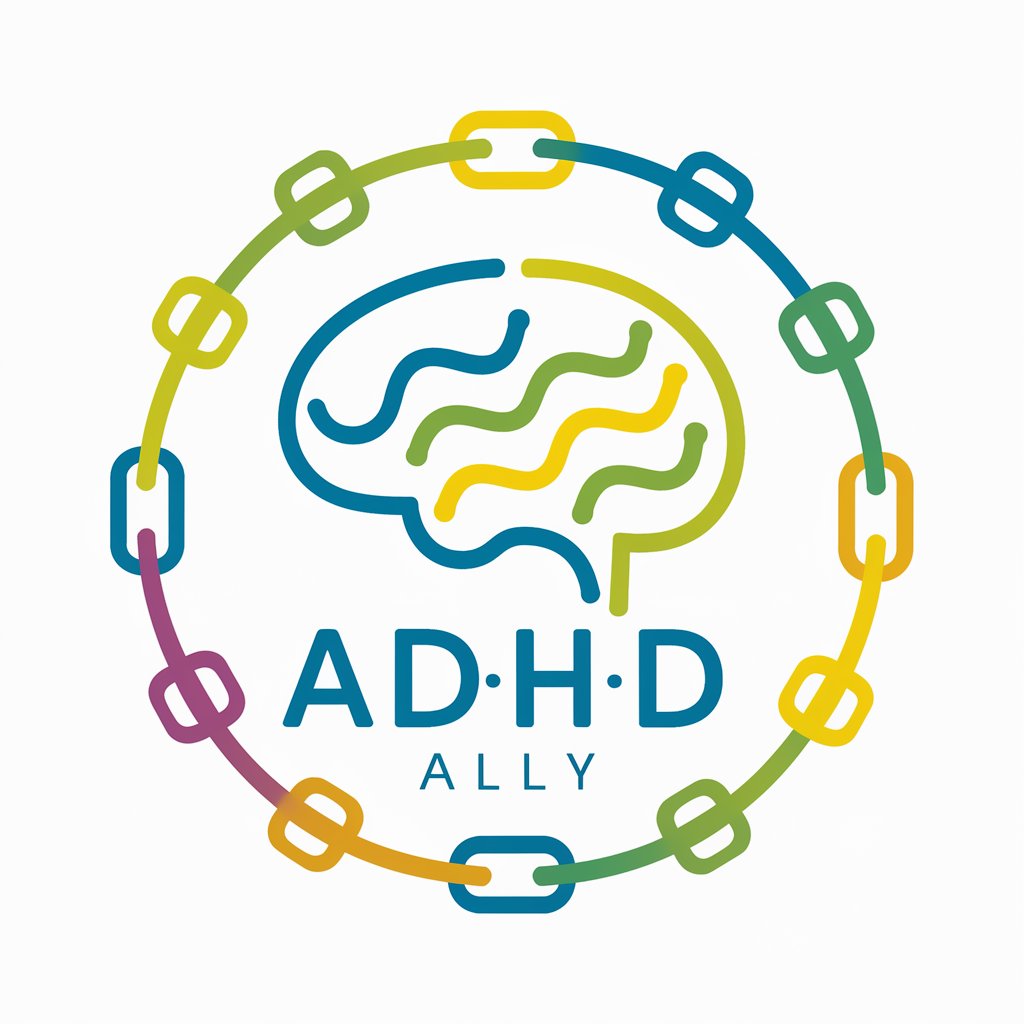
Leonardo DaVinci
Bridging Art and Science with AI

API Architect
Simplifying API Creation with AI-Powered Assistance
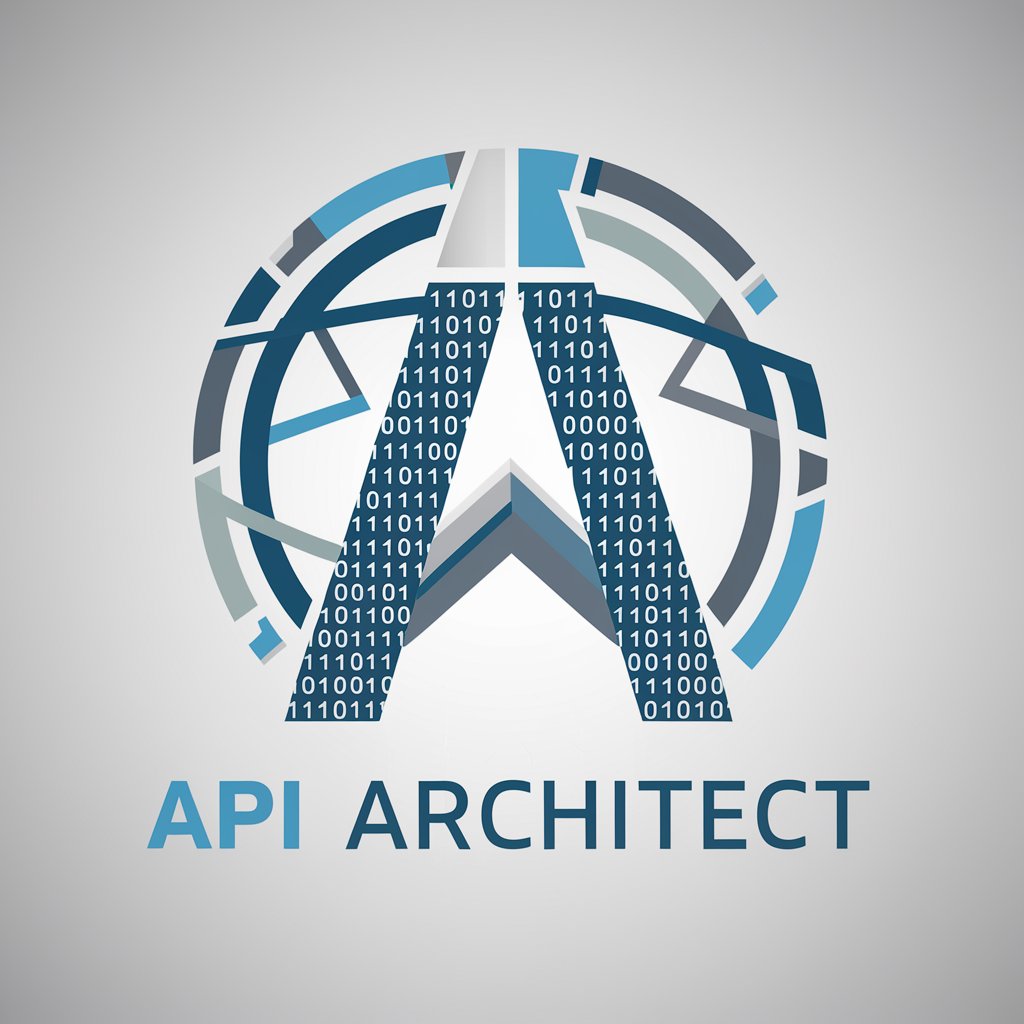
Age Transformer
Bringing Portraits to Life Across Ages
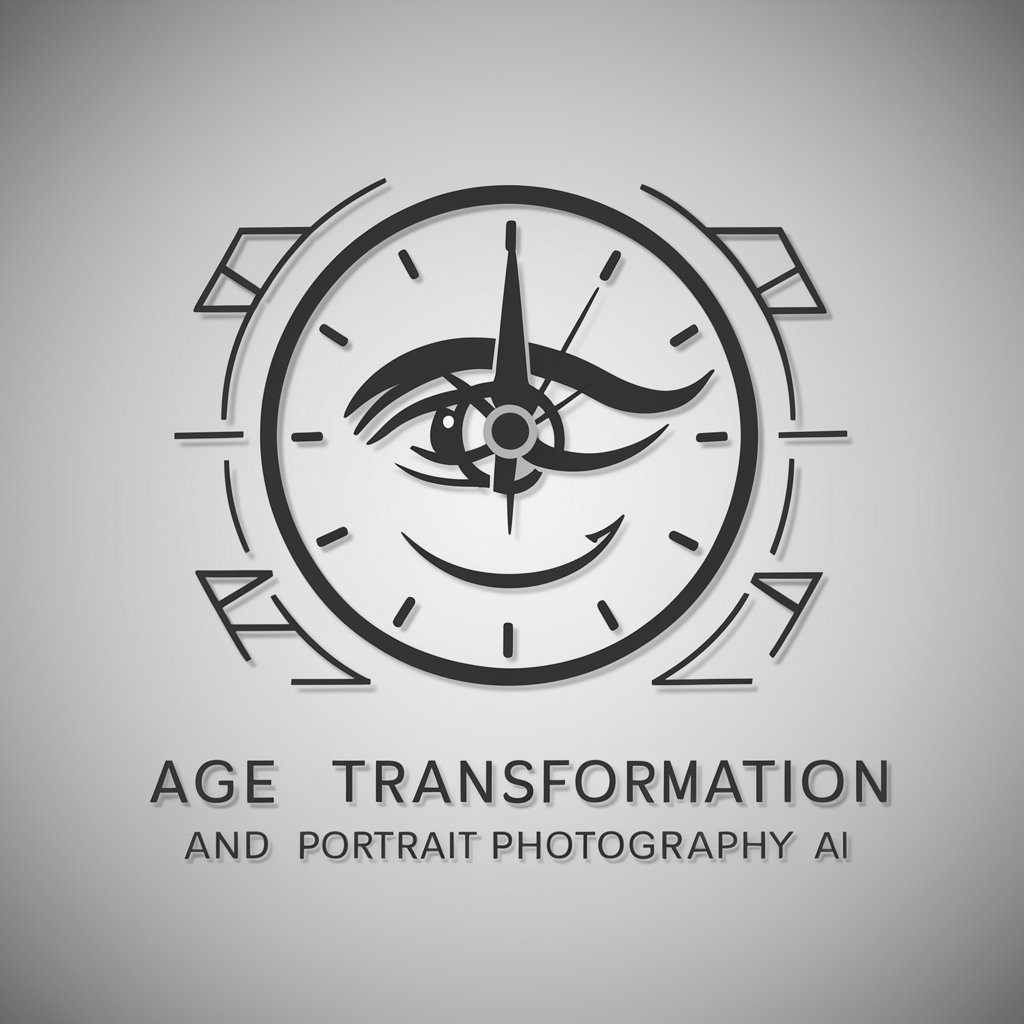
DevOps GPT
Empowering DevOps with AI Intelligence

Abundance Fountain
Manifesting abundance through AI-powered affirmations
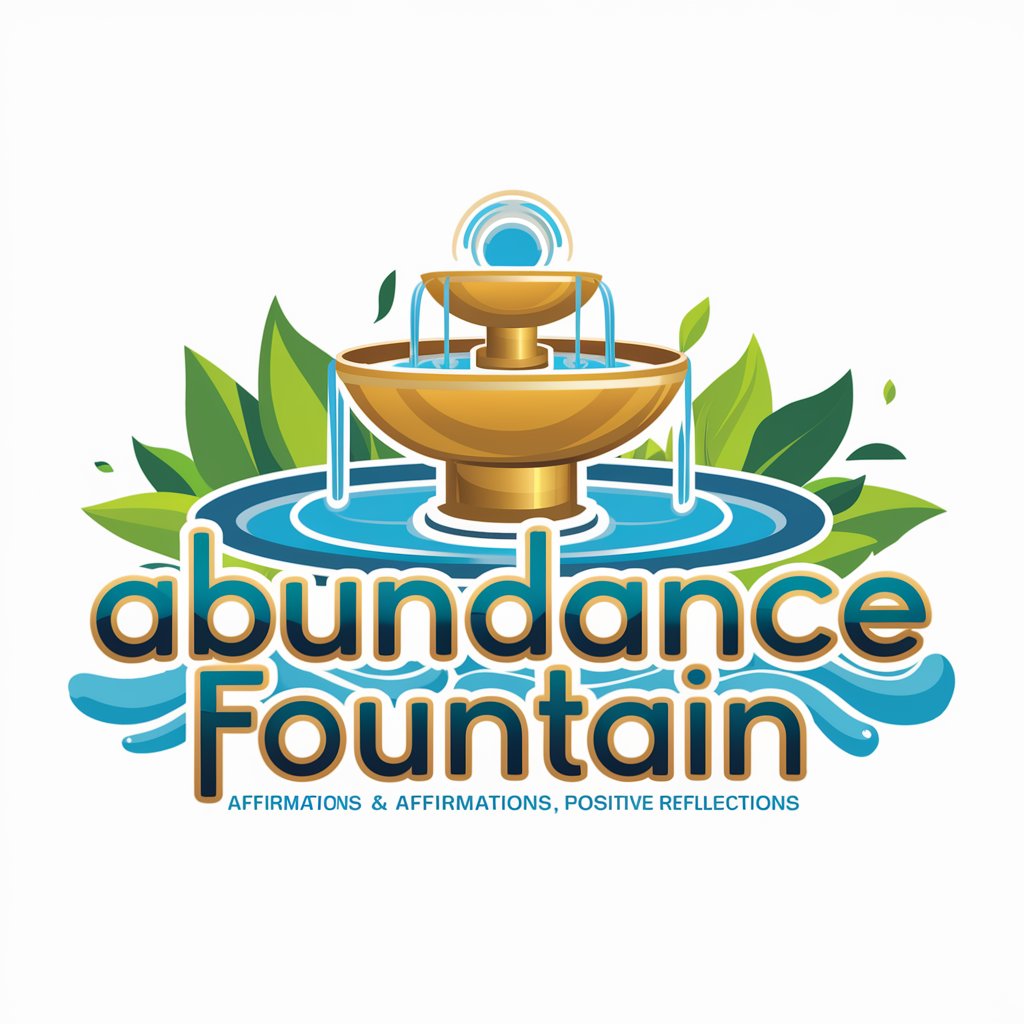
Social Distancing
Anonymize Online Interactions with AI

Frequently Asked Questions about Academic Engrussian
What specialized fields does Academic Engrussian cover?
Academic Engrussian is designed for a range of humanities and social sciences fields, including sociology, linguistics, philosophy, and more, ensuring precise terminology and context-specific translations.
Can Academic Engrussian create new content in both English and Russian?
Yes, it can generate academic and non-fiction texts in both languages, focusing on maintaining the original style and tone.
How does Academic Engrussian ensure accuracy in translations?
The tool cross-references specialized texts on Russian grammar and syntax and consults its extensive knowledge base, adhering to strict linguistic norms.
Is Academic Engrussian suitable for beginner language learners?
While it is highly precise, it's more suited for advanced users due to its focus on complex terminologies and nuanced academic concepts.
Can I use Academic Engrussian for non-academic translations?
Though it specializes in academic texts, its precise translation capabilities can be beneficial for a variety of non-fiction texts requiring accuracy and formal tone.
